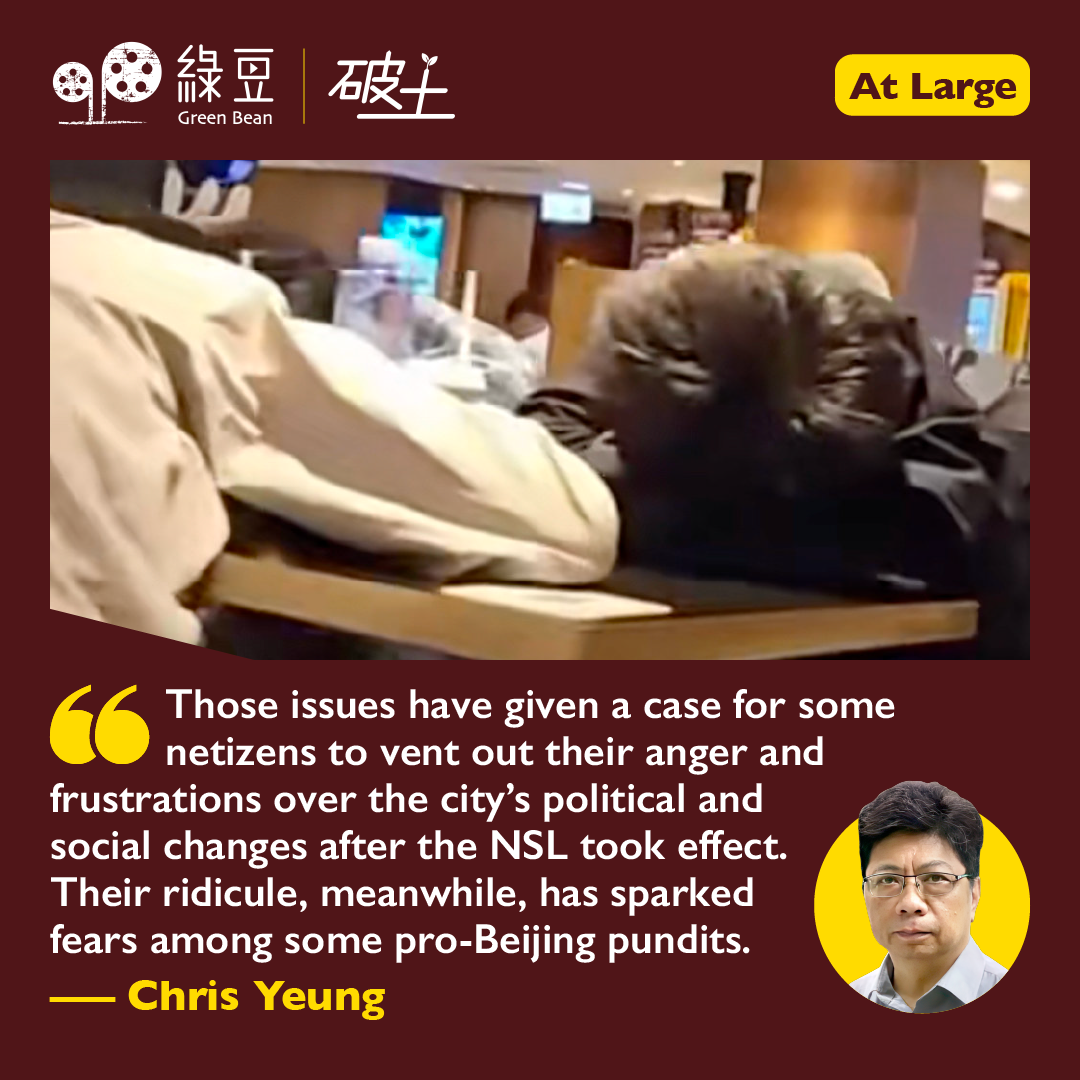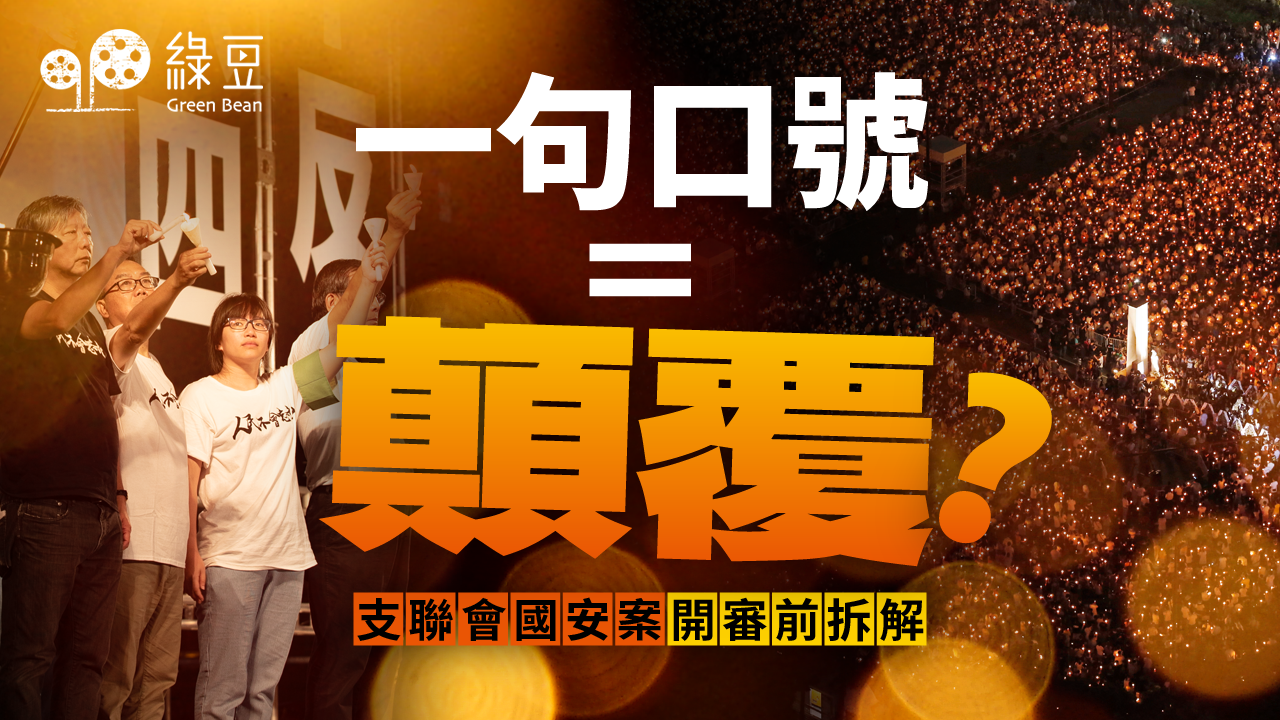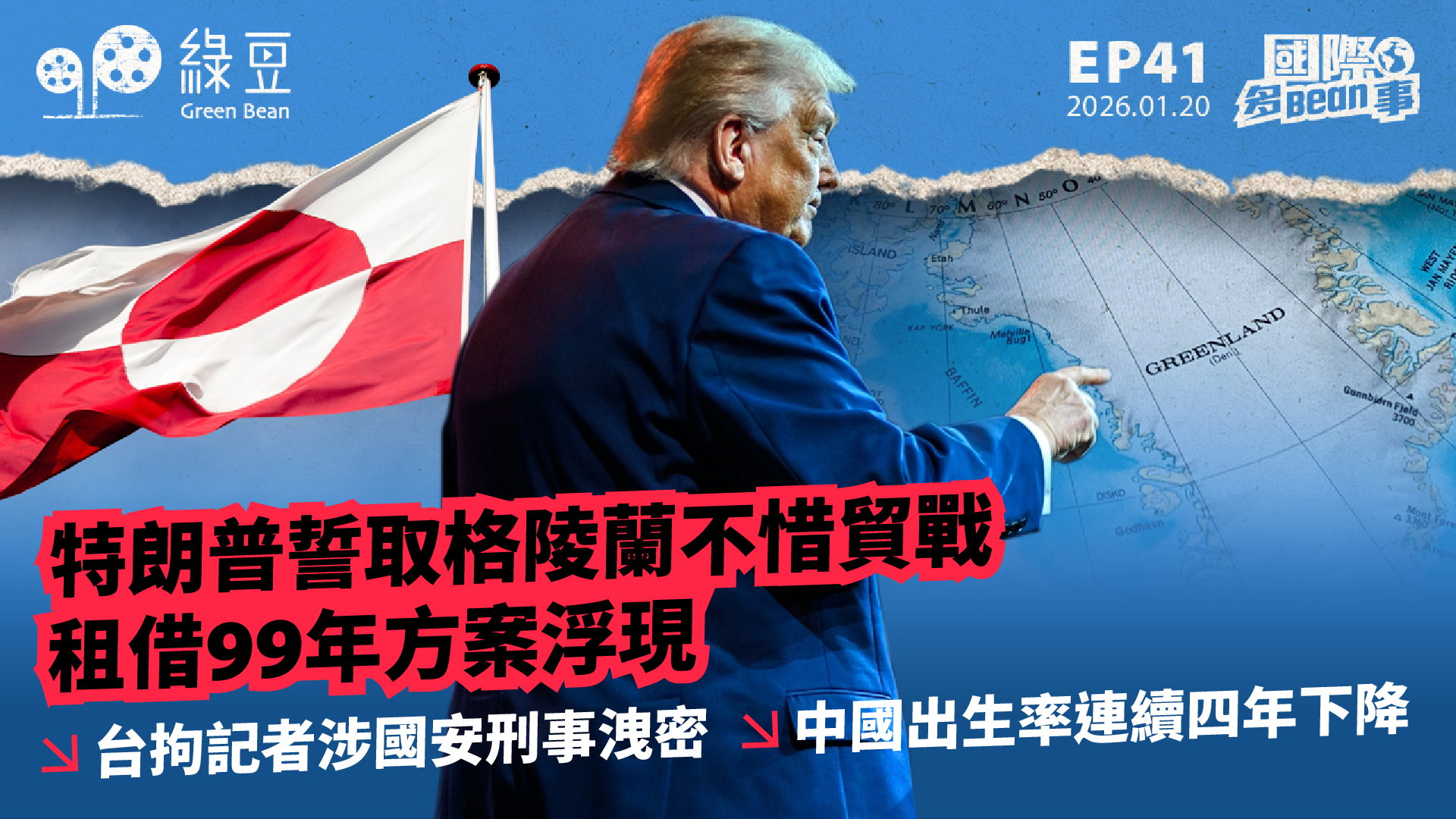Not all glitters in ‘golden week’ are gold

One day after the end of mainland China’s five-day Labour Day “golden week” holiday, Hong Kong Chief Executive John Lee could not wait to declare an early success of the city’s tourism – in terms of both the number of visitors and the money they spent.
But he also lost no time trying to ease the uneasy feelings in some quarters of the society over some disturbing scenes that have emerged in the latest wave of mainland arrivals in the city.
They included what some netizens have ridiculed as “McDonald refugees,” referring to mainland visitors who slept at 24-hour outlets of the fast food chain, apparently to save hotel spending or just for some special experience (believe it or not), and crowds at a scenic reservoir dam in remote Sai Kung district.
In response to a question about public concerns such as “low-budget spenders” at a media session on Tuesday, Lee said: “Hong Kong has to be a city that welcomes tourists … because the image of Hong Kong as a city that welcomes tourists is very important.
“Anything we do to make any sector of tourists feel that they are not being welcomed … will be harmful to the overall image of Hong Kong as a tourist city.
“There will be high-end travellers and there will also be non-high-end travellers, but we must look at tourism as a whole, so that every tourist will find their experience in Hong Kong enjoyable.”
The rise and fall of localism
Lee’s sweet talk to all visitors is no doubt a good public relations response. Furthermore, Hong Kong has thrived on its openness and reputation as a free city. Any discrimination against tourists is a shot on our own feet.
Admittedly, a massive influx of visitors giving rise to conflicts with local residents at popular tourist attractions has happened in various parts of the world. Hong Kong, in a sense, is no exception.
Following the relaxation of mainland travel to the city in the early 2010s, the influx of mainland visitors to buy a range of daily necessities in districts close to the border had sparked protests by local residents. With the sense of Hong Kong identity surging, the negative ramifications of the influx of mainland visitors had fuelled the rise of localism, resulting in a more polarised and conflict-laden political landscape.
The rise of localism has emerged as a significant factor in the 2014 Occupy Central movement and the anti-extradition-turned-unrest in 2019.
More than 10 years on, the controversial notions of localism, Hong Kong identity have vanished from the political sphere and public discussion.
Meanwhile, integration with the mainland, in particular the Greater Bay Area, has gone faster, deeper and on all fronts in recent years. Massive spending on cross-border transportation and immigration facilities has bore fruits. Mainland visits and study courses of various kinds are now regularly organised by schools and universities, government departments and public bodies and private enterprises.
The trend of Hongkongers “going north” to spend a weekend, a day visit to dine, prepare a dinner back home or the like has become a norm.
Under the leadership of Lee, Hong Kong has embraced far more tightly than any other times since the 1997 handover.
The “new norms” rub old wounds
Flashed back to 2008, mainland China’s melamine-tainted baby milk formula scandal had spurred traders from both sides of the border taking advantage of Hong Kong’s multiple-entry visa policy to snap up baby milk formula for resale in the mainland.
It sparked complaints by local parents over the “baby milk formula” shortage. They are now history.
Ironically, the return of mainland crowds after the pandemic, though slower-than-expected, saw new problems arise from what government officials and industry have coined as “new norms” in mainland tourist travel.
Due to a number of factors including weak economy, a more diverse consumption market in the mainland and the power of social media or “xiaohongshu” ( little red book ), mainland visitors, low-budget travel featuring day tour without staying at hotels, selfie visits and hiking have become more popular among mainland visitors.
The “new norms” in mainland tourist travel are by no means abnormal.
But set against the deep-seated contradictions between Hong Kong and the mainland compounded by the post-national security law changes, such issues as “budget travel”, whose Chinese version “窮遊” has a negative meaning due to the use of the word “窮”, literally means poor, have rubbed the sensitive nerves of mainland-Hong Kong relations.
Those issues have given a case for some netizens to vent out their anger and frustrations over the city’s political and social changes after the NSL took effect. Their ridicule, meanwhile, has sparked fears among some pro-Beijing pundits.
In a newspaper column, a pro-Beijing district councilor and political commentator wrote criticism against “low-budget mainland visitors” was “smearing and abuse” by people “who criticised anything relating to China” on the internet. He said that has become a trend on social media that should be closely watched.
When the “new norms” in mainland tourist travel rub old wounds in mainland-Hong Kong relations, they could add more salt on the wound if badly handled.
( Pic : From little red book by inmediahk )
▌[At Large] About the Author
Chris Yeung is a veteran journalist, a founder and chief writer of the now-disbanded CitizenNews; he now runs a daily news commentary channel on Youtube. He had formerly worked with the South China Morning Post and the Hong Kong Economic Journal.





